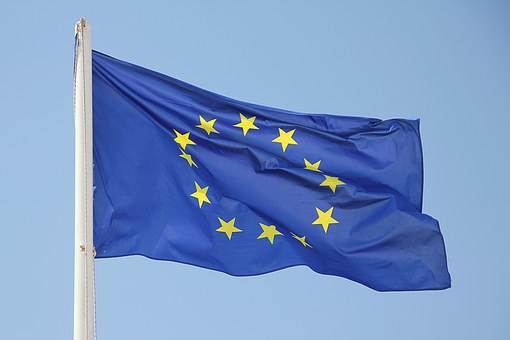 With the election of a new European parliament, the mandates of the Presidents of the European Council and the European Commission are coming to the end of their terms. So to are the posts of the head of the European Central Bank and the President of the European Parliament.
With the election of a new European parliament, the mandates of the Presidents of the European Council and the European Commission are coming to the end of their terms. So to are the posts of the head of the European Central Bank and the President of the European Parliament.
Proponents of Brexit often claim that the EU is undemocratic and that its functionaries are answerable to no one, however, the top jobs are decided upon by the member states of the EU itself and in most cases, must be ratified by the European parliament (which is elected by the peoples of Europe).
The new leadership of the EU will include more women in the most senior roles with the President of the European Commission likely to be Ursula von der Leyen of Germany (although she was born in Brussels). She is seen as an ally of Angela Merkel and is (unsurprisingly) strongly Europhile and no fan of Brexit. A more familiar name has been nominated to succeed Mario Draghi as head of the European Central Bank, Christine Lagarde, currently head of the International Monetary Fund.
The new leader of the European Parliament is set to be a choice between Germany’s Manfred Weber and Bulgaria’s Sergei Stanichev. Neither man was the preferred candidate from the perspective of the member states, however.
The role of President of the Council of Europe is to go to a former Belgian Prime Minister, Charles Michel.
Since the EU’s position on Brexit was set at the national level and a mandate to negotiate on their behalf handed to Michel Barnier, it is unlikely that the new appointments to the key roles in European institutions will change the stance of the bloc. The official position being that negotiations between the UK and EU on the withdrawal agreement concluded in November 2018 and will not be re-opened (irrespective of who is chosen to replace Theresa May by the Conservative Party). Both leadership contenders are promising to renegotiate May’s deal, of course.

